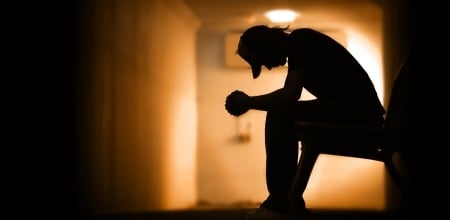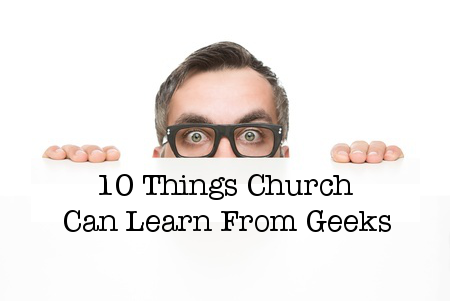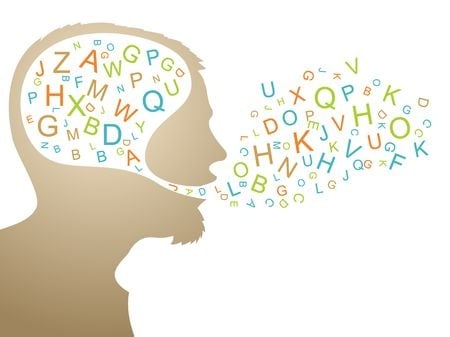
can’t see your Divine hand in front of your face,
darkness
and had this thought.
This Divine idea went off in God’s head
and that spark of God’s imagination
was unleashed on the darkness…
and ‘bang,’ a very BIG bang, God-sized even.
“And God saw that the light was good.”
One of the very first things the writers of the Bible tell us is that the light is good. In God’s words of creation, in the actions of the Creator, light is brought forth and it is good.
Just a bit further into Genesis, the Divine has this other thought, “Let us make humankind in our image, according to our likeness.” We, it would seem, are made in the image of the Bringer of Light. We are made in the image, the likeness of God, of the one who not only brings light to the world but who delights in the light.
From Isaiah: “The people who walked in darkness have seen a great light; those who lived in a land of deep darkness— on them light has shined.” This is the beginning of a series of “songs” in Isaiah that are known as the Servant Songs. Isaiah is writing to a people who have been marginalized. They’ve been run out of town and have been marginalized in Babylon. They’ve been there as outcasts for two generations and by this time this Servant Song is written, you can imagine the vision of the land they thought was given to them by their God must seem dim at best, if not completely dark. “The people who walked in darkness have seen a great light; those who lived in a land of deep darkness— on them light has shined.”
There’s this thing about being marginalized, it is almost like being forgotten. You feel terribly alone. It is like a darkness has set in on your life. Hope seems like a pinprick on the sometimes all too dark horizon. You long for grace to yank off the blanket of oppression that is smothering you so that you can see the light of day.
That’s where the descendants of David are. The people of YHWH are in a dark and difficult time. Just a few short verses after the scripture I just mentioned Isaiah says, “For all the boots of the tramping warriors (those who have conquered you) and all the garments rolled in blood shall be burned as fuel for the fire. For a child has been born for us, a son given to us; authority rests upon his shoulders; and he is named Wonderful Counselor, Mighty God, Everlasting Father, Prince of Peace. His authority shall grow continually, and there shall be endless peace for the throne of David and his kingdom.”
In those words they find hope. In those words the pinprick of hope on the dark horizon becomes a burning light in the heavens just as darkness was divided by the Divine with light at the moment of Creation … and God said, “It is good.”
We Christians now see this beneficent ruler in which Isaiah rested the hope of Israel and by extension the hope of the world as Jesus Indeed, at Christmas and at Easter we co-opt these texts to remind us of what we have in Jesus – Wonderful Counselor, Prince of Peace.
It would do us, and by extension the world, a great deal of good to remember the context of those titles. In these texts we are told, “The people who walked in darkness have seen a great light; those who lived in a land of deep darkness— on them light has shined.”
We live in a land of deep darkness, a world where people are swallowed up in darkness every day. Each one longing to be nearer the pinprick of hope on the sometimes all too dark horizon; lying in wait for some grace to yank off the blankets of oppression, depression and recession that divide and limit us, smother us and keep us from realizing the fullness of the potential planted in us by our Creator; hoping to one day see a better and brighter future.
If one among us lives in darkness, we all live in darkness, because injustice anywhere is a threat to justice everywhere. It is true, whatever affects one directly, affects all indirectly. Will we weave the garments of our destiny, will we weave the garment of our lives, from the cold dark thread of injustice, turning our heads from those in need, turning our hearts and our hands away from the under-served and marginalized, or will we weave our garments from threads of light, humbling ourselves from our worldly places of privilege, serving those in need and seeing the reflection of our Creator in the eyes of those who have been pushed to the margins of society?
Bringing light, bringing hope, into the dark horizons of this land is not simply good because one less person is suffering in the darkness of a life on the margins of society; it is good because it brings society one step closer to the bright future God intends for us all.
You see, throughout the Bible, we are called to let justice roll like waters and righteousness like a mighty stream. In the US, most of us read that from a place of privilege, believing that it is our call as ‘good’ Christian to save those who are swallowed up in the dark injustices of this world. What we fail to realize is that our privilege has blinded us to the reality of a text which was written to a people marginalized.
That is to say in Genesis, as God created, the world was designed in a way such that the rain falls and the sun shines equally on us all. When we read the Bible in a way that assumes we are more privileged than another, we make a mockery of God’s divine plan for Creation. For, indeed, we all are created equally in God’s image. We all are, indeed, “caught up in an inescapable network of mutuality.” Just like God designed it to be and of which God said, “It is good.”
It is true, as we were taught by the Prince of Peace himself, “When you do it unto the least of these, so too you do it unto me.” And could it be that we have missed part of that lesson? If the least of these are equal to God and God created us all equally in God’s image… then when we do it unto the least of these, so too we do it unto ourselves. “We are caught in an inescapable network of mutuality, tied in a single garment of destiny. Whatever affects one directly, affects all indirectly.” It should not surprise us then that we are called to love our neighbor as ourselves…and to love our enemy as well.
Isaiah gives us a message of hope. Speaking to a people, who lived in a world where hope seemed like a pinprick of light on an all too dark horizon. In co-opting these text, in naming Jesus “Prince of Peace,” in claiming to follow the one who brought to those living in darkness a great light, we must vow to be a people of great grace striving to yank off the blankets of oppression that smother not only the marginalized of our world but by extension ourselves, so that one day this world can begin to see the darkness being divided by the light just as it was on the first day of creation.
Created in the image of God, our lives are endlessly connected. Not only were we equally created in that Divine image, but the world was created in such a way that the rain falls and the suns shines equally on us all. We have walked in the darkness which denies that reality for far too long.
Let us commit to ourselves and to our God to be the light that breaks forth into the darkness.
Let us commit to ourselves and to our God to no longer deny that when one suffers, humanity suffers.
Let us commit to ending the suffering – for one and for all – for once and for all.












